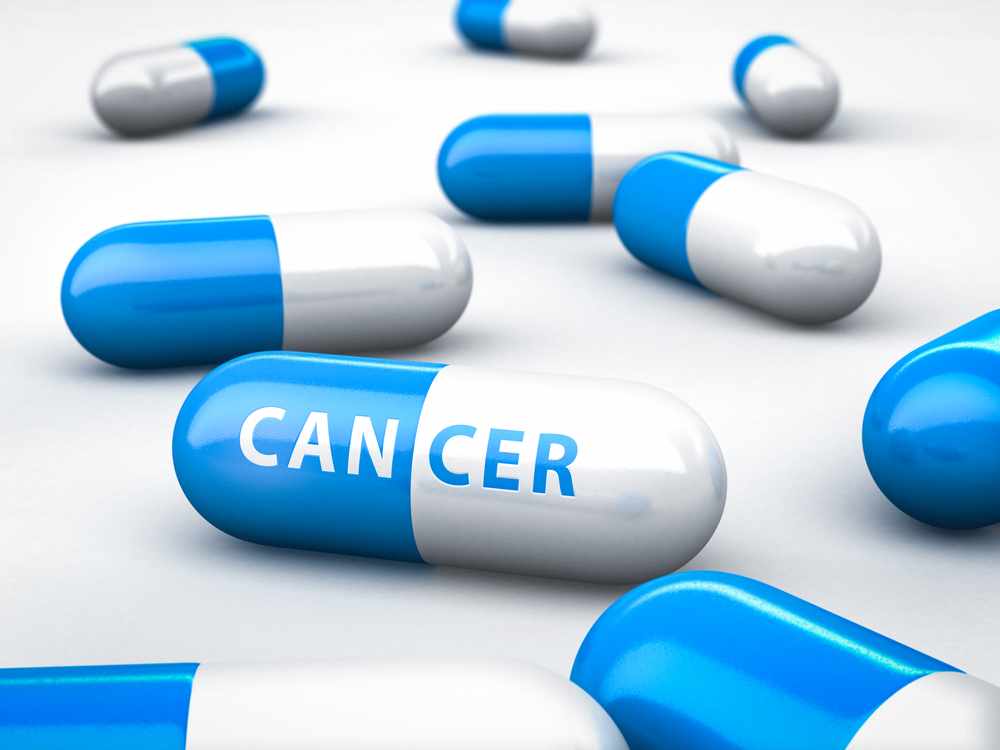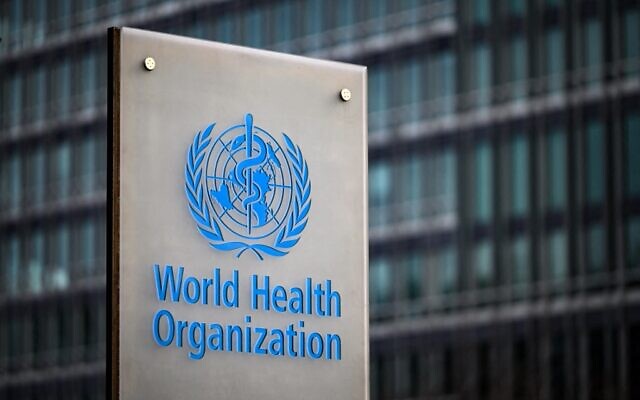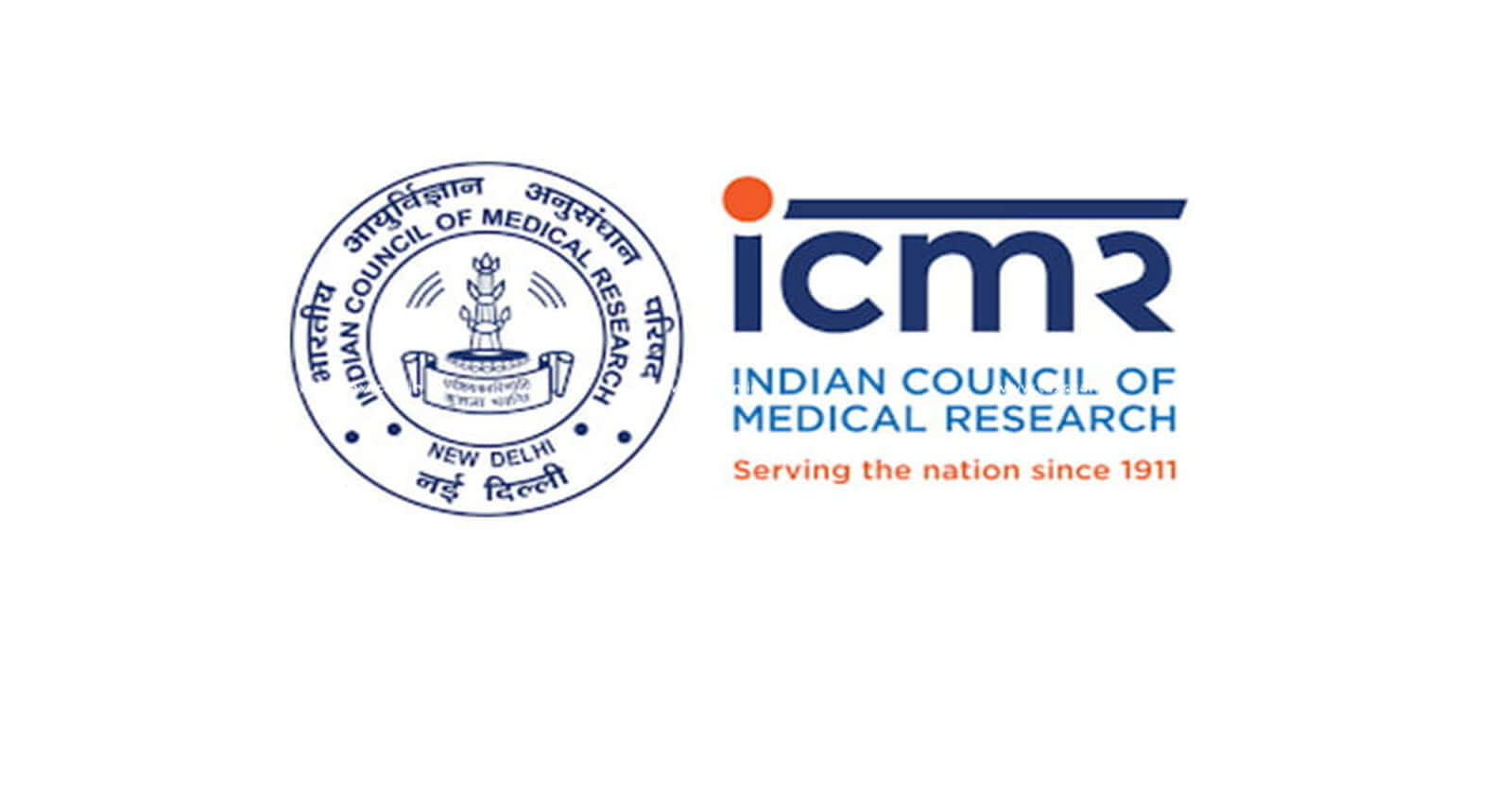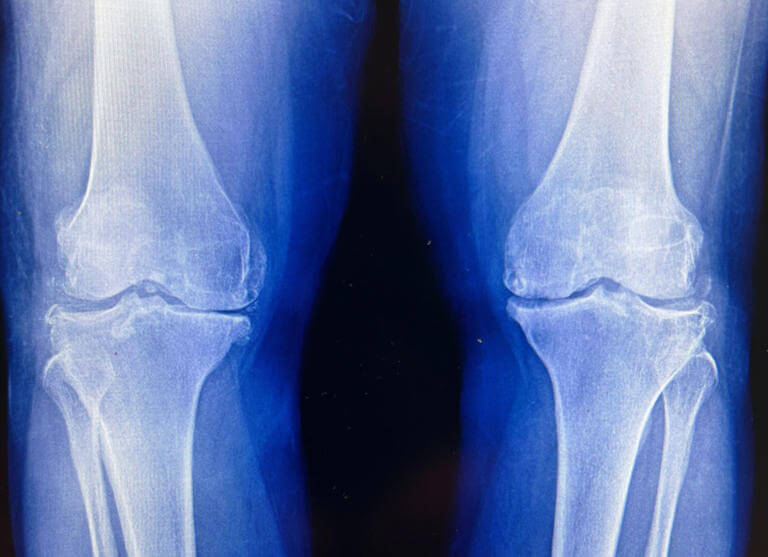Cancer drug may treat sepsis: study

Tiny doses of a
cancer drug may stop the raging, uncontrollable immune response to infection
that leads to life-threatening sepsis, researchers say. The new drug treatment
may also benefit millions of people worldwide who are affected by infections
and pandemics, according to researchers from Icahn School of Medicine in US.
Sepsis is a life-threatening condition that arises when the body's response to infection injures its own tissues and organs. The study demonstrates in both cells and animals that a small dose of topoisomerase I (Top 1) inhibitor can dampen an acute inflammatory reaction to infection while still allowing the body's protective defence to take place.
The treatment may help control not only sepsis - deadly infections often acquired in hospital by patients with a weak immune system - but also new and brutal assaults on human immunity such as novel influenza strains and pandemics of Ebola and other singular infections, researchers said.
"Our results suggest that a therapy based on Top 1 inhibition could save millions of people affected by sepsis, pandemics, and many congenital deficiencies associated with acute inflammatory episodes - what is known as a cytokine, or inflammatory, storm," said Ivan Marazzi from Icahn School.
"These storms occur because the body does not know how to adjust the appropriate level of inflammation that is good enough to suppress an infection but does not harm the body itself. This drug appears to offer that life-saving correction," said Marazzi.
Sepsis is caused by
an excessive host response to
infection, which in turn leads to multiple organ
failure and death, researchers said. "To date there has been no targeted
treatment for sepsis, or for other infections that promote this inflammatory
storm. Such treatment is desperately needed," said Marazzi.
Sepsis is a leading
cause of death in infants and children, he said.
"Septic shock and lung destruction can occur when a child is suffering from a pneumonia caused by co-infection with a virus and a bacteria even when antibiotic therapy is being used. The elderly are also especially vulnerable to sepsis," said Marazzi.
Researchers used a simple cellular screen to find candidate drugs that could tamp down rampant inflammation. They discovered that the Top 1 inhibitor class of cancer drugs - four have been previously approved for a variety of cancers - also blocks a set of genes that are activated immediately by immune cells to combat an infection.
"These genes are the ones that have the strongest inflammatory effects," said Marazzi.
Researchers found
that use of one to three doses of a Top 1 inhibitor that is 1/50th the strength
of normal chemotherapy was enough to rescue 70-90 per cent of mice from an
inflammatory storm death due to either acute bacterial infection, liver failure,
or virus-bacteria co-infection.
The findings were published in the journal Science.
AIMIM News
Latest Urdu News
Most Viewed
Can Lionel Messi's visit boost Indian football?

























.jpg)
.jpg)
.jpg)


